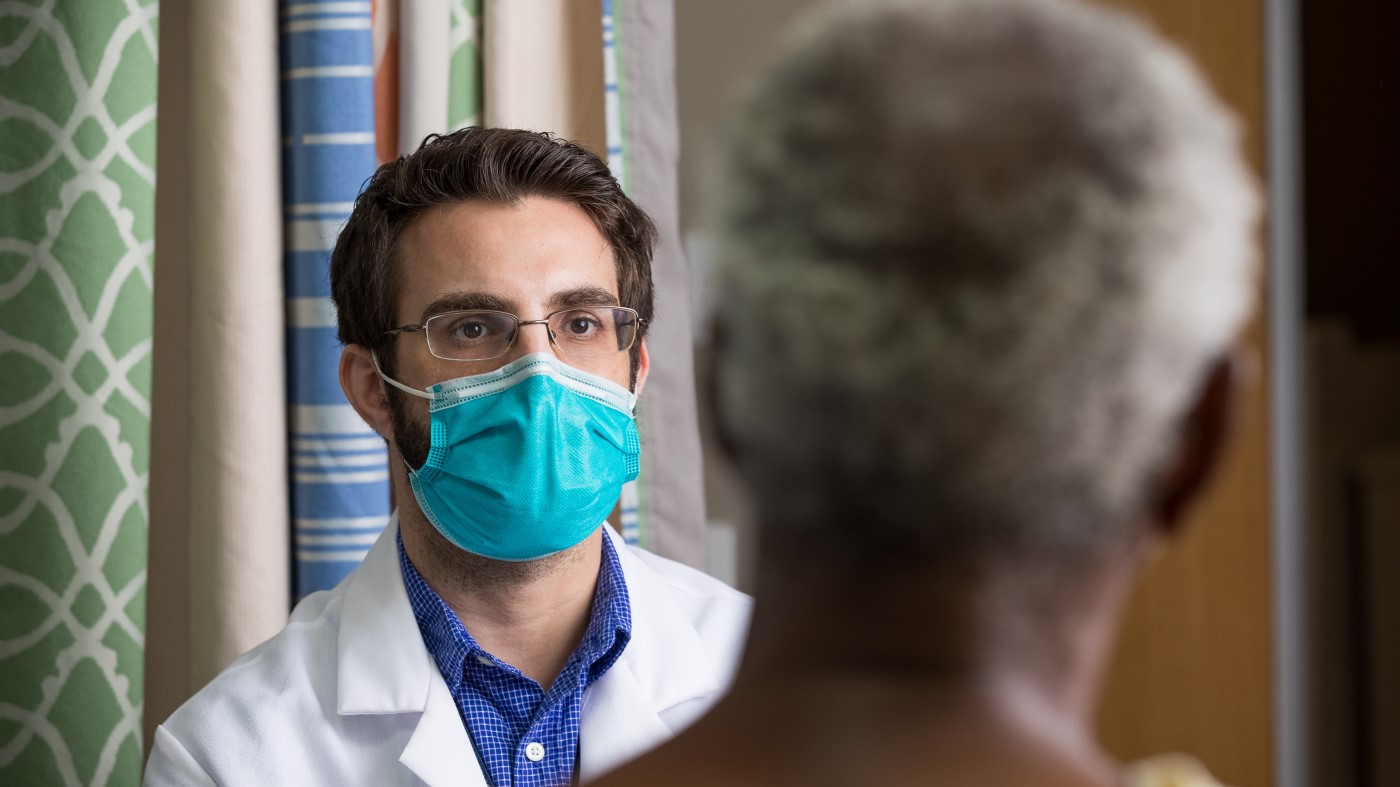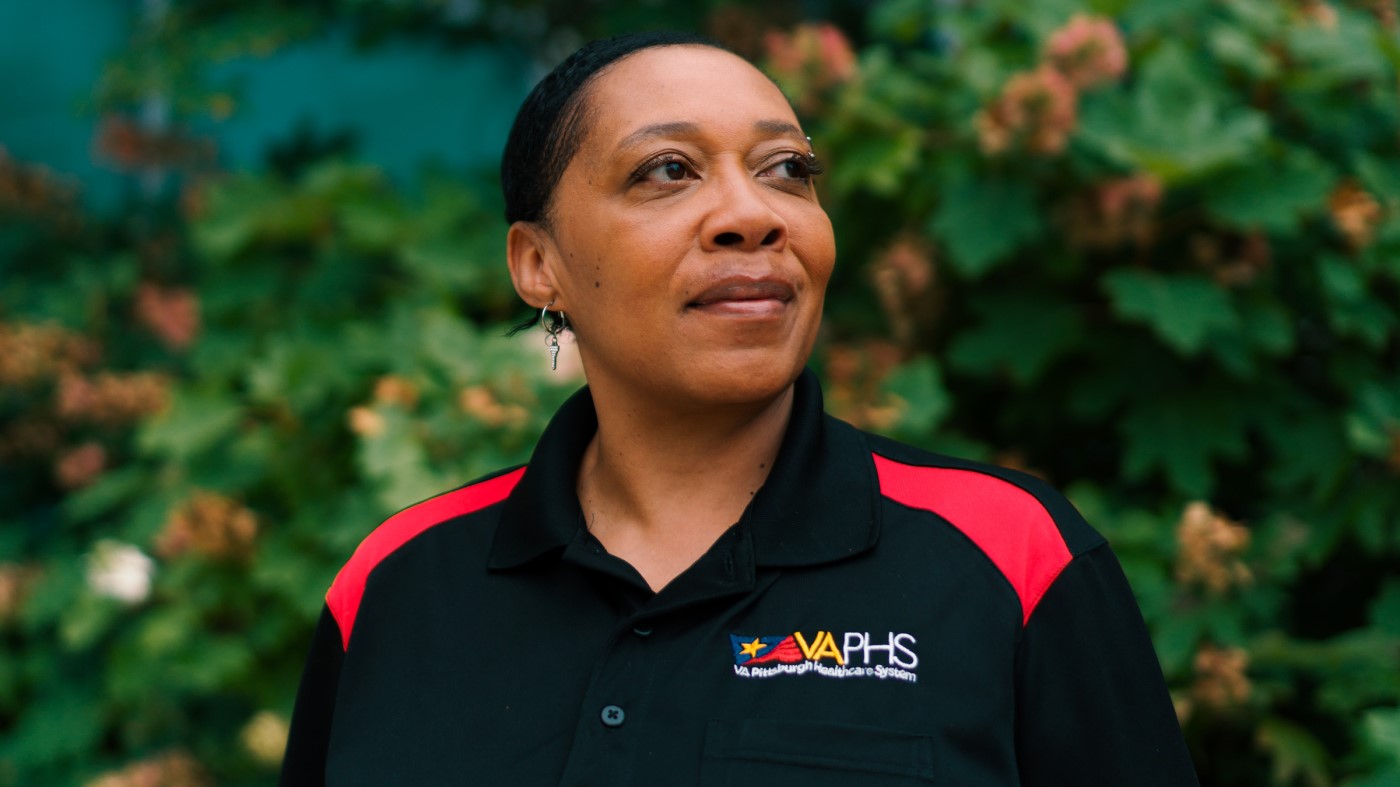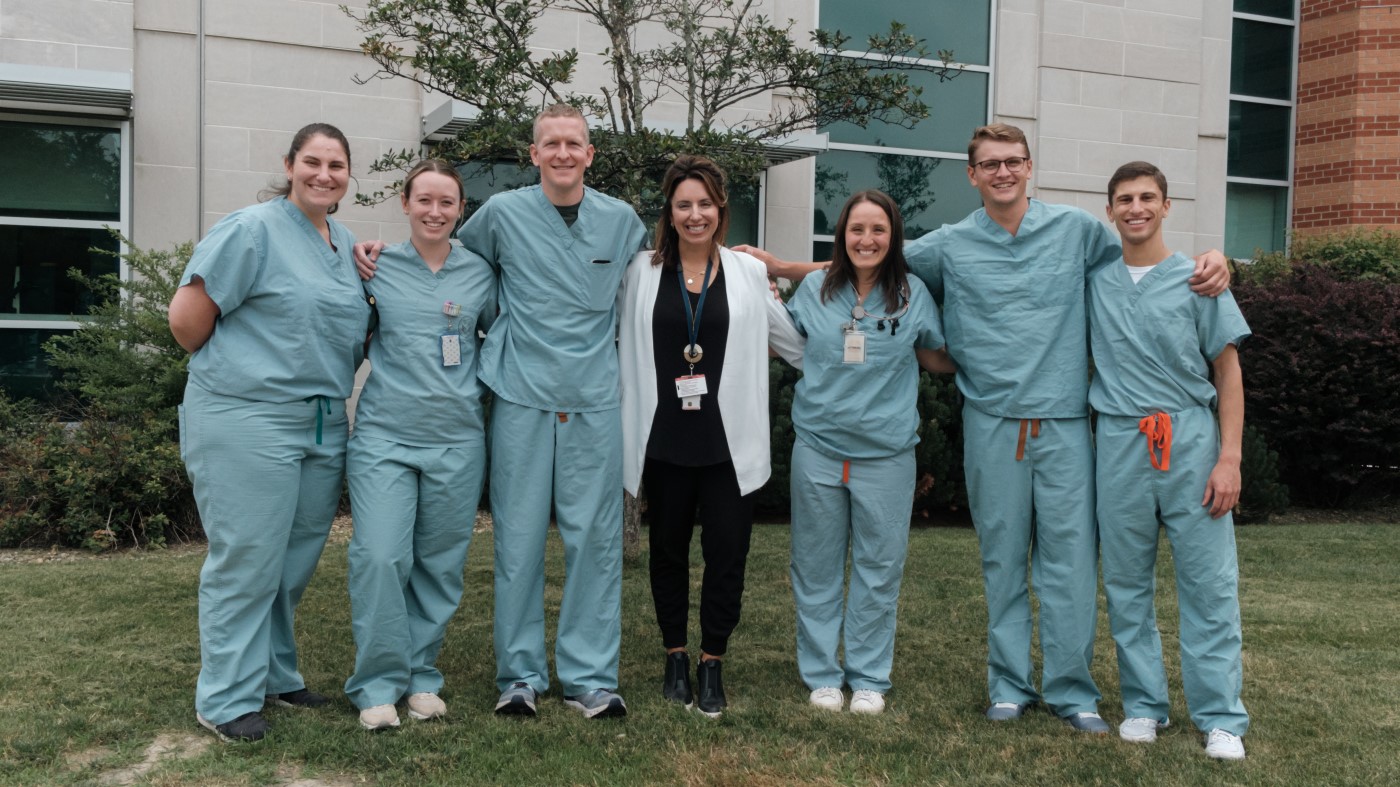It’s never too early to think about ways to pay off your student loans. We’re thinking about it today, on March 17, as fourth-year medical students all over the country look to the future and find out where they will be doing their residency on Match Day.
It’s an exciting day, to be sure, but we invite them and other students and trainees to also think farther ahead.
With just a little planning, you can apply now for loan repayment and scholarship programs through VA, and you’ll have one less thing to worry about when you graduate.
Go rural, and reduce your student loans debt faster
We need medical providers and other essential employees at our rural locations, and you need help paying for your education.
Our Specialty Education Loan Repayment Program (SELRP) and Health Professional Scholarship Program (HPSP) can be a solution for us both.
“These programs afford you the opportunity to focus on your education… so that when you come to VA you don’t have to worry about repayment of a large debt,” said Dr. Patrick Youngblood, manager of VA’s Scholarships Program. “You also get to care for Veterans, and there’s no greater responsibility or greater opportunity than caring for Veterans.”
Through SELRP, we can help physicians-in-training pay off medical school loans in return for working at a rural VA facility. But don’t wait—you must apply before you’ve completed your residency to be eligible.
We’ll repay up to $40,000 each year, as much as $160,000 over four years. In return, you agree to serve for 12 months for each $40,000 of loan repayment.
We’re particularly looking for those specializing in psychiatry, family practice, internal medicine, emergency medicine, gastroenterology, urology and geriatric medicine, though other specialties may be considered.
HPSP offers scholarships to those studying to be nurses, physician assistants, physicians, medical technologists, diagnostic radiologic technicians, social workers and psychologists. Through this quickly growing program, thousands of students have received scholarships, as well as a $1,200 monthly living stipend.
Grace Ayala benefitted from the HPSP program as she studied to become a physician assistant.
“As the daughter of an Air Force Veteran, I have known for quite some time that I wanted to serve Veterans as a health care provider. When I discovered the opportunity for a scholarship with a built-in pathway to a position within the VHA, I had to apply,” she said.
Unparalleled education support
These aren’t the only programs that VA offers to help you reduce your student loan debt or continue your education.
- The Visual Impairment and Orientation & Mobility Professionals Scholarship Program (VIOMPSP) offers scholarships of up to $15,000 per year for those who plan to work with Veterans with vision and mobility issues in rural areas.
- Through the Education Debt Reduction Program (EDRP), medical professionals in difficult-to-recruit direct patient care positions may receive up to $200,000 in repayment over five years.
- Any VA employee may be eligible for the federal Public Service Loan Forgiveness (PSLF) Program, which can forgive your remaining loan balance after you’ve made 120 monthly payments while working full-time for a qualifying employer like VA.
- Through the Student Loan Repayment Program (SLRP), some employees also may be eligible for up to $60,000 in debt repayment assistance.
Work at VA
Tackle your student debt while serving some of the millions of Veterans who call rural America home.
- READ more about our education support programs.
- APPLY to SELRP, HPSP or VIOMPSP.
- LEARN about the important mission of working at VA.
Topics in this story
Link Disclaimer
This page includes links to other websites outside our control and jurisdiction. VA is not responsible for the privacy practices or the content of non-VA Web sites. We encourage you to review the privacy policy or terms and conditions of those sites to fully understand what information is collected and how it is used.
More Stories
Whether it’s access to the great outdoors or a calmer pace in your everyday life, you can find it in rural VA communities around the country.
If you’re looking for an opportunity to provide care to Veterans outside a traditional clinical setting, Home Based Primary Care (HBPC) is a great option.
A key part of your job search is finding the right fit for you and your skills, and workplace culture can impact that dramatically.






